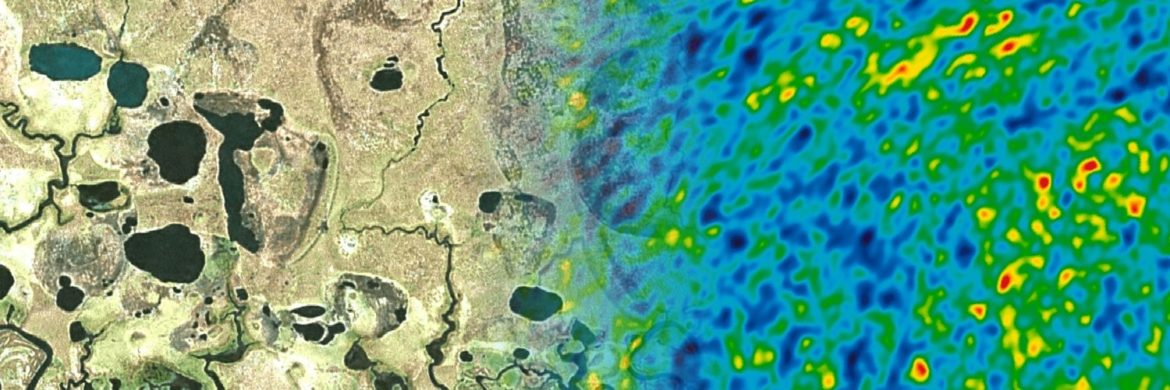
Technological advances in recent years promoted substantial progress in space satellite programs. Observations from space are now an integral part of remote sensing and astrophysics, playing a key role in understanding our nature. We will present two perspectives on the world from space.
The Arctic is a global hotspot of climate change. What are interactions between the bio- and atmosphere and climatic teleconnections of the greening Arctic? What do these changes mean for society? As non-arctic states, but members of the International Arctic Science Committee and observers to the Arctic Council, S-Korea and Switzerland will discuss opportunities for scientific collaboration.
In astrophysics, we discuss the recent developments in observations and theory. The topics will range from optical astronomy to better understand the extreme astrophysical objects and galaxies beyond our own, to theoretical and observational cosmology to map out the entire Universe and infer the initial conditions at the Big Bang. Given the recent expansion in both cities in terms of infrastructure and manpower, we will discuss new opportunities for further collaborations and synergies.
There will be two workshop sessions:
1. The Arctic as a hot spot of climate change: The Arctic is a global hotspot of climate change. What are interactions between the bio- and atmosphere and climatic teleconnections of the greening Arctic? What do these changes mean for society? As non-arctic states, but members of the International Arctic Science Committee and observers to the Arctic Council, Korea and Switzerland will discuss opportunities for scientific collaboration.
2. Astrophysicists in Zurich go to Seoul: In astrophysics, we discuss the recent developments in observations and theory. The topics will range from optical astronomy to better understand the extreme astrophysical objects and galaxies beyond our own, to theoretical and observational cosmology to map out the entire Universe and infer the initial conditions at the Big Bang. Given the recent expansion in both cities in terms of infrastructure and manpower, we will discuss new opportunities for further collaborations and synergies.
Agenda
3:00-3:30 pm Welcome address and introduction (room 306)
3:30-5.30 pm Workshop 1: The Arctic as hotspot of climate (room 205)
Workshop 2: Astrophysics in Zürich & Seoul (room 306)
5:30 pm - open end Informal dinner with participants (self-paid)
Participants
Workshop 1: Sujong Jeong (Seoul National University), Gabriela Schaepman-Strub (University of Zurich, Switzerland), Jong-Seong Kug (Pohang University of Science and Technology, Korea), Jacqueline Oehri (University of Zurich, Switzerland), Joo-Hong Kim (Korea Polar Research Institute, Korea)
Workshop 2: Jaiyul Yoo (University of Zurich), Changbom Park (Korea Institute for Advanced Study), Myungshin Im (Seoul National University), Jai-chan Hwang (Kyungpook National University), Ji-hoon Kim (Seoul National University), Jinn-Ouk Gong (Korea Astronomy and Space Science Institute), Ermis Mitsou (University of Zurich)
